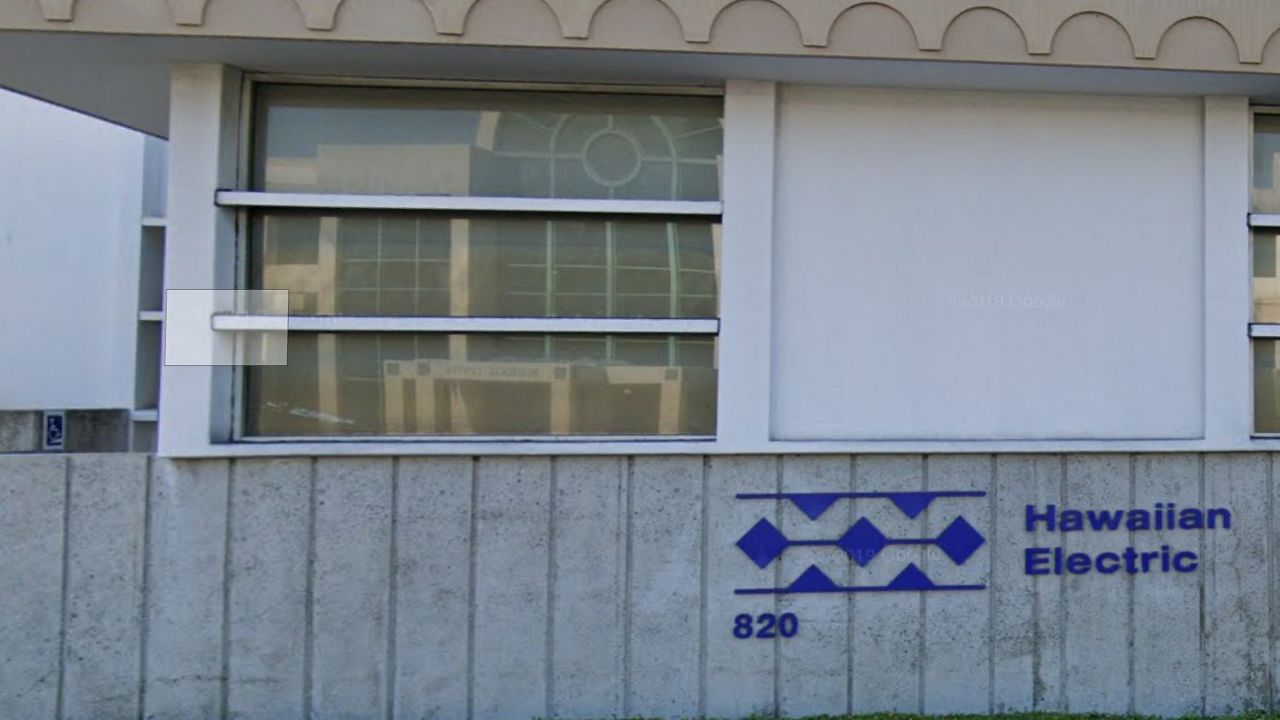Power outages that left thousands of Oahu and Hawaii Island residents in the dark last weekend have prompted state Senate leaders to urge the Public Utilities Commission to investigate Hawaiian Electric’s ongoing reliability issues.
In a letter to the PUC, Sens. Glenn Wakai, chair of the Senate Committee on Public Safety and Intergovernmental an Military Affairs; Jarrett Keohokalole, chair of the Senate Committee on Commerce and Consumer Protection; and Lynn DeCoite, chair of the Senate Committee on Energy, Economic Development and Tourism, called on the commission to exercise its investigative powers to protect the public interest.
“The PUC has the statutory responsibility to regulate Hawaiian Electric proactively in the public interest and can use its investigatory powers pursuant to Section 269-7, Hawaii Revised Statutes, to ensure that electric utility services are delivered in a safe and reliable manner,” the senators wrote. “The lack of reliability due to insufficient energy generation, HECO’s aging equipment, unreliable oil-fired power generation, and immediate and long-term solutions should be investigated.”
In the letter, dated April 16, the senators noted that one outage on Oahu knocked out power to 13,000 HECO customers, prompted the closure of four East Oahu school and triggered the release of 237,500 gallons of sewage into the ocean when the East Honolulu Treatment Plant lost electricity. They also noted the loss of power to 21,500 customers on Hawaii Island.
On April 14, HECO reported that heavy rains and severe weather damaged one of the main transmission lines that bring power across the Koolau mountain range into East Honolulu. According to the utility, about 4,000 feet of 46-kilovolt line fell across a second transmission line, taking both lines out of service. Repair efforts were hampered by steep terrain and the inability to use a helicopter due to continued bad weather.
The same evening, HECO asked residential and business customers on Hawaii Island to reduce their electricity use to prevent further rolling outages after more than 21,000 customers experienced a 30-minute outage.
HECO explained that the request was prompted by the unavailability of several large generators. HECO’s Hill 5 steam unit tripped offline the previous day. Its Puna steam unit and CT01 combustion turbine unit are under repair and its Keahole CT-5 unit is offline for annual overhaul until the end of the month.
According to HECO, these units generate about 62 megawatts combined. In addition, independent power producer Hamakua Energy, the island’s largest generator, was offline and wind and solar resources were forecast to be lower than normal, HECO reported.“These unplanned rolling outages and calls for conservation showcase Hawaiian Electric’s struggle to provide safe and reliable energy to customers,” they wrote. “Even worse, HECO expects more blackouts in the months ahead, without any indication of when these energy reliability issues will be resolved.”
The senators asked the PUC to investigate the matter to better understand “the nature, duration and resolution of these outages.”



